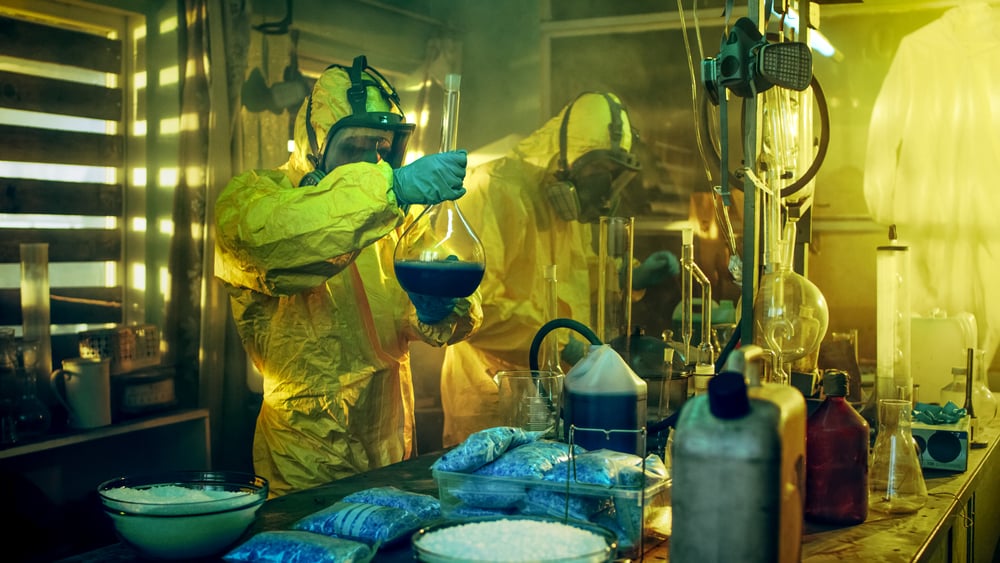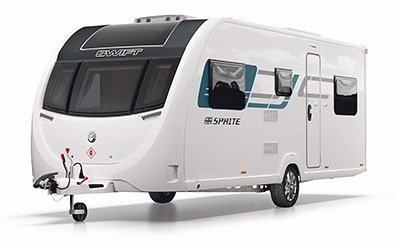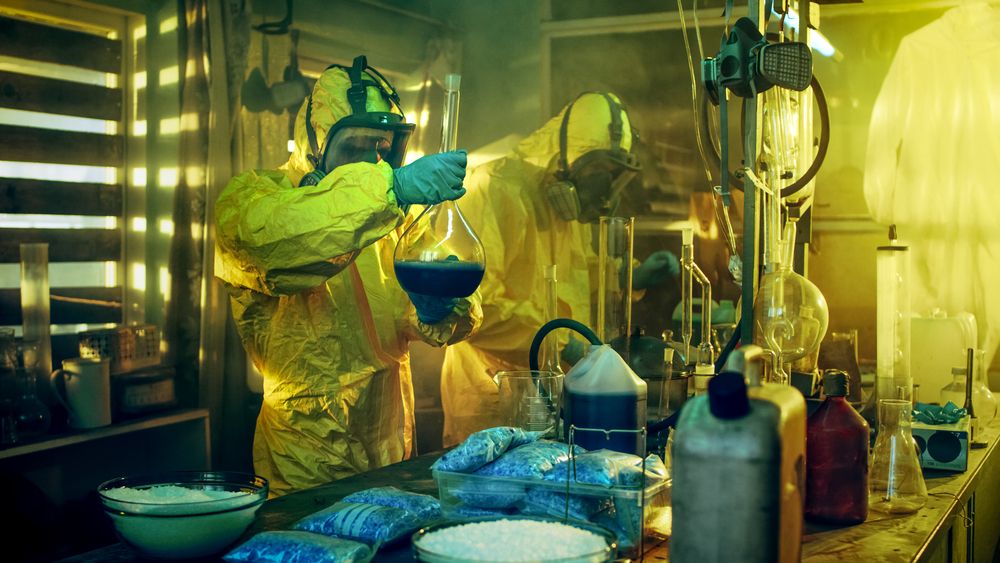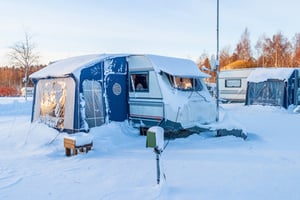Campervan Cooking Adventures - Confit Duck with Charred Fennel
In theory, caravan gas attacks involve targeting sleeping occupants in their caravans by pumping a type of gas through a window, vent or other opening, and then robbing them whilst they are out for the count. This phenomenon has sparked concerns among caravan owners for a while now, especially as reports of gas attacks are seen on the news, particularly during the holiday season.
Quite naturally, the fear of being gassed while asleep raises serious safety considerations for those going on road trips or camping adventures. While such incidents are seemingly rare, the potential risk would likely emphasise the importance of taking precautions to ensure personal safety and peace of mind while on the road. This is definitely an interesting topic, however, as there are many that say that the concept is just an urban myth, propelled by online forums who ‘know a friend of a friend’ that were gassed, or people who were told about it by a fellow camper.
To be honest, we're not convinced that this could happen, but let’s have a look at what a gas attack might involve, and then see what we could put in place to prevent it ever happening, if it is indeed a thing. We do acknowledge the genuine fear and anxiety that such reports can evoke - of course, the idea of being vulnerable to intruders while in the supposed safety of your caravan is deeply unsettling. Whether or not gas is actually involved in a theft, the concern of being robbed alone highlights the need for heightened vigilance and awareness, especially when parking in unfamiliar or isolated areas.
So - does it really happen?
In reports of suspected gas attacks in both caravans and motorhomes, people have generally reported locking their vehicles, going to sleep, and waking up to find they have been broken into and had items such as passports, electronics and money stolen. Some say they have experienced feeling groggy, with no lasting effects, and that they woke up with a headache and a sore throat. Hmm...
Often these attacks have occurred at motorway service stations abroad, and near the end of the holiday. Many people have said they were sure they had been gassed, but could offer no explanation of how, nor show any evidence that would suggest gas had been used, such as a lingering smell. Hmm again...
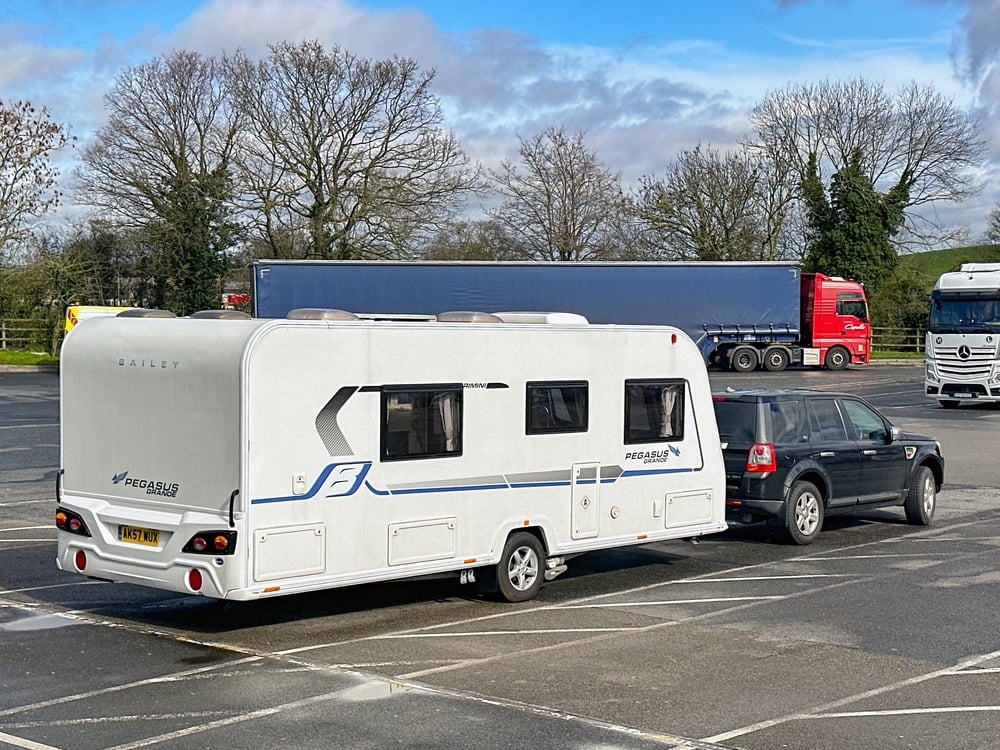
So what is this gas that is being discussed? Well, people talk about it being a ‘sleeping gas’ or a gas which is used for anaesthesia - however the Royal College of Anaesthetists (RCOA) have said that they believe that this concept is a myth. According to them, it would not be possible to make occupants become unconscious by the use of ether, chloroform or other anaesthetic gases without them knowing, due to the fact they can cause coughing and vomiting, and the concentration needed to knock someone out would be huge. Indeed, the thieves would need cylinders of the stuff - so how are they going to administer it without being caught? And how would they know how much to use without killing the occupants? Also, the smell does apparently linger, so surely there would be evidence of the gas the next day. The RCOA also make an excellent point - if there was a cheap, odourless, ‘safe’ agent that could be used for anaesthesia, they would certainly know about it and also no doubt be using it for medical purposes.
Let’s remember, too, that many people wake up at home to find they have been robbed, whilst asleep and unaware, and don’t blame it on being gassed. Assuming you’ve been gassed without any indication of that happening nor any evidence to show it has occurred is probably a) a step too far, and b) a perfectly reasonable request to have an explanation as to why you didn’t wake up during the robbery. Especially if you can’t quite remember if you did secure the caravan before you went to sleep, like you told your partner you did…
Here’s another idea. Could it be that people that are just drinking alcohol and then sleeping through a robbery? One report we heard of involved a couple that had been to a wine tasting at a vineyard, then fell asleep in their motorhome and woke up the next morning to find they had been robbed. They thought they had been gassed, due to having headaches upon waking up…
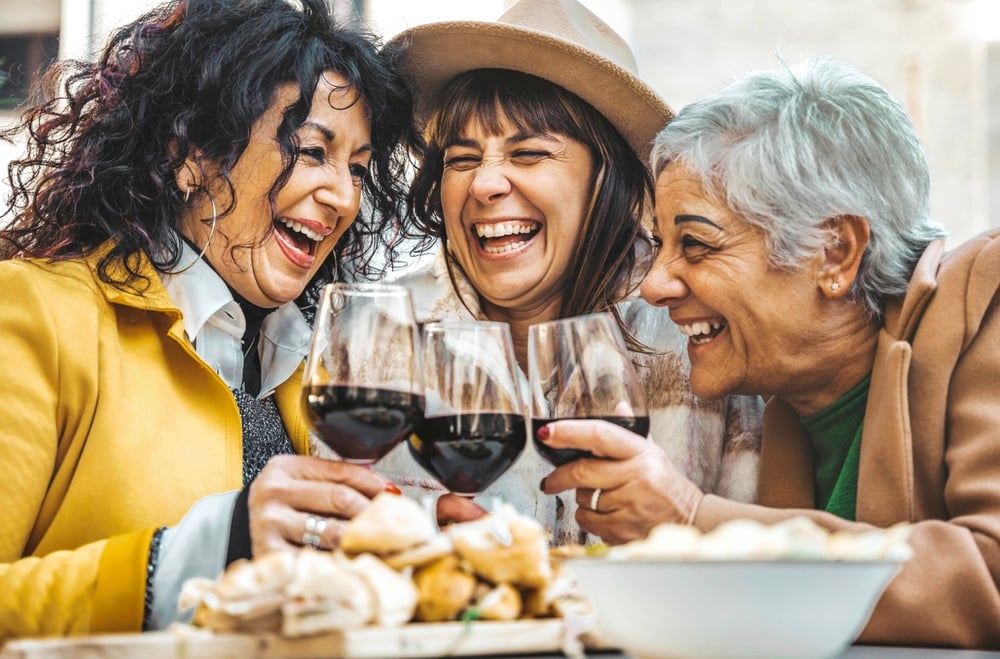
In one article we read about a potential gas theft in France, the thieves apparently carried out their robbery in less than 5 minutes, which suggests a quick exit with no hanging about to remove gas equipment. In another - also in France - the occupants woke up with a thick head and a sore throat and found the driver’s door of their motorhome was ajar. The police in the area said that these gas attacks had happened before - however upon reading the news article, the evidence isn’t clear as to why gas was assumed to have been used - it was just 'a feeling' that the occupants had. Of interest, there was also no mention of whether a visit to a vineyard had taken place on this occasion. But we digress…
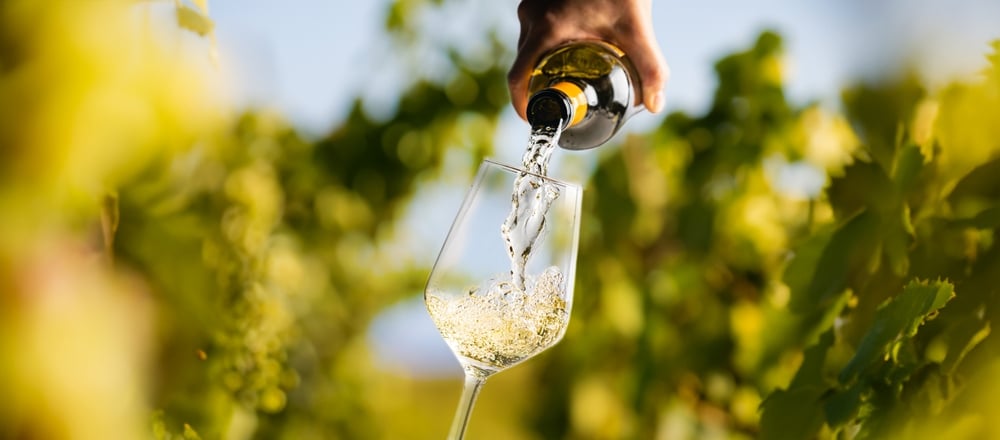
Or do we? Continuing with the alcohol theme, surely it is very possible that a few too many Sauvignon Blancs would provide an explanation for the sore heads and dry throats that have been reported. It also might give a plausible reason for why so many doors and windows have been left open or unlocked after a wine-tasting activity... Here's a theory. Maybe, just maybe, suggesting that a gassing has taken place offers those involved a reason as to why they didn't wake up when the thieves entered their motorhome, which also covers a little bit of embarrassment for not being able to stop it. Who knows.
It does seem that many people are quite adamant that they have been gassed whilst on the road. However, it’s crucial to maintain a balanced perspective. While gas theft incidents could potentially have occurred, there is seemingly no evidence for this, and sensationalised reports and rumours can sometimes amplify fears beyond the actual risk level. Remember that a huge amount of gas would be needed, the thieves would need to spend quite some time setting up and pumping it in via a vent or opening (whilst no doubt wearing breathing apparatus themselves), the pumps are loud, and you would likely wake up quickly due to your airways being irritated by the substance used. It doesn't sound very plausible, does it, really.
There we have it. Could you be robbed whilst sleeping in your caravan? Quite possibly, yes. Would it likely be because you’ve been gassed? That’s probably unlikely. Is it more likely that you have a sore head from sipping one too many glasses of vino? Er, quite likely, yes.
In any case, what steps can caravan users take to minimise the potential risk?
1. Choose safe parking spots
Rather than just parking up anywhere, opt for designated campsites or well-lit, populated areas for overnight stops whenever possible. Avoid secluded spots or areas with a history of security concerns. Bear in mind that motorway aires and service stations seem to be the place where it is usually reported to have happened.
2. Invest in security features
Consider installing additional security measures such as motion sensor lights, alarm systems, cameras and door/window locks. These deterrents can make unauthorised access more difficult for potential intruders.
3. Stay alert
Remain vigilant of your surroundings, especially before settling in for the night. Be mindful of any suspicious individuals or activities nearby and trust your instincts if something feels off. Also, be sure to lock up before you go to bed.
4. Travel in groups
Whenever feasible, travel with companions or in groups. There’s safety in numbers, and having others nearby can provide an extra layer of protection, especially if you call out for help.
5. Stay informed
Keep abreast of local reports of any recent incidents in the areas you plan to visit. Knowledge is key to making informed decisions about your travel routes and destinations.
So, to conclude. While the prospect of a gas attack is unsettling, it’s essential not to let fear overshadow your joy of caravan travel. Minimise the risks of being robbed where you can, and enjoy your travels with greater peace of mind. Remember, safety should always be a top priority, but it shouldn’t deter you from experiencing the wonders of caravanning (or indeed visiting vineyards). Cheers!
And, finally, don’t believe everything you read in the news…
